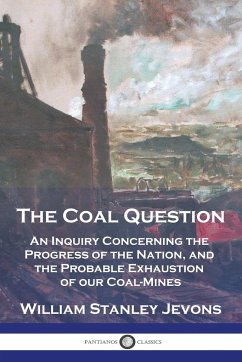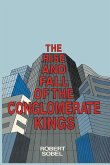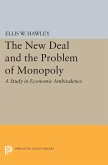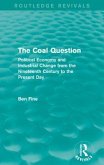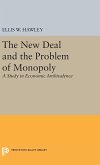William Stanley Jevons seeks to demonstrate how the supply of coal - a finite source of energy - is unsustainable, while being heavily relied upon by industrialized economies. The Coal Question is considered the earliest work to discuss extensively the problem of energy resource depletion in an industrialized world. Writing in 1865, the author discusses how ready supplies of coal present in the British Isles is forecast to deplete in the forthcoming decades. The rise of the United States, which surpassed British energy production in 1913, was also predicted by Jevons based on the data he had available on American geology. He notes undesirable side effects of coal burning, most notably air pollution, but laments that curtailment is unlikely without deep societal reform. Jevons' predictions of coal depletion in the British Isles were accompanied by his famous paradox; that increasing efficiency when burning coal does not reduce consumption, but instead induces an increase in demand - the net result being that more, rather than less, coal is consumed over a given period. Jevons' Paradox remains a hotly discussed topic in economics; today, it is applied to gasoline, jet fuel and other energy commodities. It is commonly cited by modern economists discussing the energy transition from fossil fuel to renewable sources, plus conservationism in general.
Hinweis: Dieser Artikel kann nur an eine deutsche Lieferadresse ausgeliefert werden.
Hinweis: Dieser Artikel kann nur an eine deutsche Lieferadresse ausgeliefert werden.

